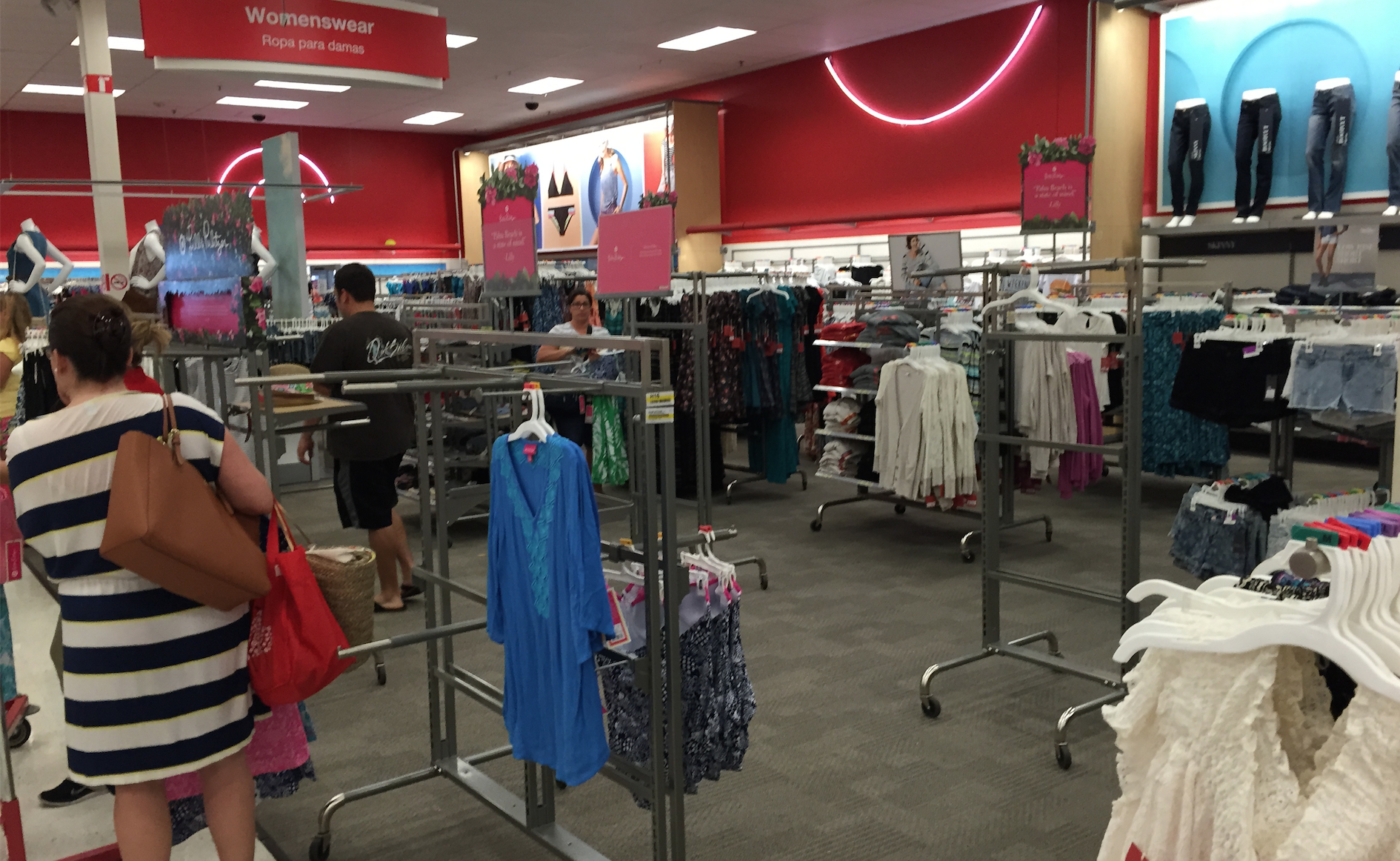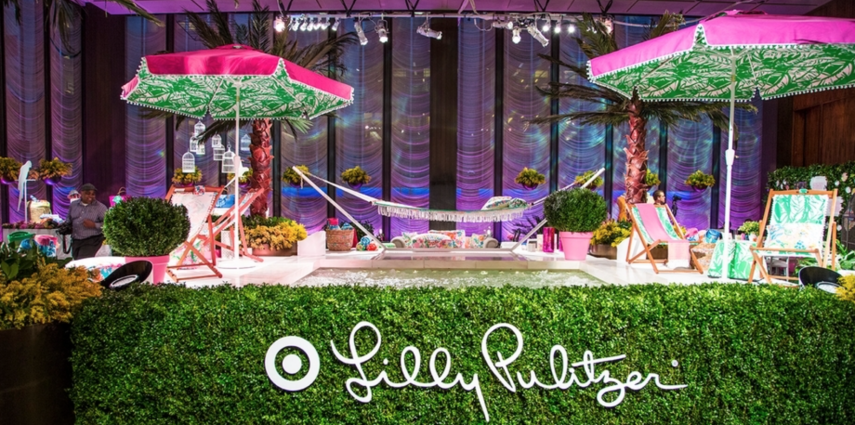By Miguel Piedra
Target was hoping its latest designer collection launch, Lilly Pulitzer, would drop without a hitch. Instead, the collaboration between the big box retailer and brightly colored fashion label was more reminiscent of another Target tog team-up.
Remember back in 2011 when high-end Italian house Missoni launched a Target line? Back then, the retailer — which earned its spot atop the big box brand zeitgeist through sharp purchasing choices that allow it to appear just un-Walmart enough to retain chic cred — failed to stock its shelves with enough product to satisfy the out of control demand. Target.com crashed, items sold out and some stores weren’t stocked.
Fast forward this past Sunday when the Pulitzer-frenzy caused people to line up outside of Target’s across the country in a scene that seemed more Black Friday than April Sunday.
Within 3-5 minutes, the Pulitzer collection was sold out both in store and online, with many calling it more of a “flash sale” where consumers fought for the West Palm Beach designer’s signature shift dresses, swimsuits, home décor, etc. a la Hunger Games.

The retailer garnered tons of press prior to the collection’s launch, building anticipation with its television commercials featuring celebrities, its social media campaign, and a remarkable activation at Bryant Park in New York last week. All this hype and yet many consumers were not able to purchase items. This type of bad experience tends to alienate consumers, and social media only helps to amplify their concerns.
Social media gives disappointed and angry consumers a microphone. Research indicates that customers typically tell twice as many people about a bad experience with customer service than they do about a good one.
The hashtag #LillyforTarget trended on Twitter on Sunday – both with positive and negative commentary. Consumers complained about Target’s website and how it had slowed down and crashed temporarily. They shared photos of empty racks at Target and the long lines they endured. To add insult to injury, many of the items became available on eBay for twice the price in a few hours.
When you look at the numbers, it was a success, not to mention all the great PR the brand is getting these days, but Target may have sacrificed customer satisfaction. It increases sales and it also continues to solidify Target’s cool, trendy and affordable positioning.
Target spokesman Joshua Thomas told Fortune in an e-mailed statement: “Due to heavy traffic, we experienced slowness to our site, resulting in an inconsistent experience for our guests. We realize there is an extreme amount of excitement around this collaboration, and we apologize for any disappointment this may have caused our guests.”
The question to be asked is: Do programs like this one, which create social relevance, end up alienating consumers? If so, will fewer shoppers brave the madness for the next Target collaboration, simply to avoid the disappointment?


